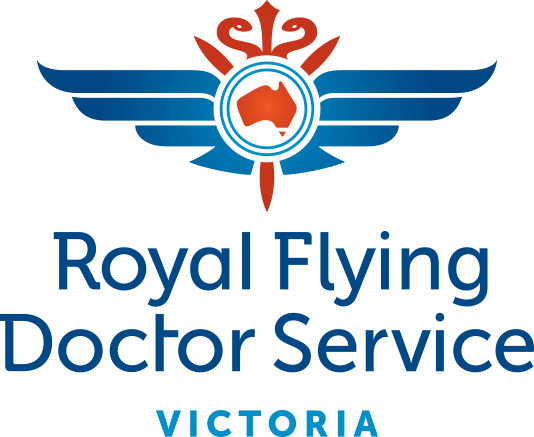For the community, driven by the community
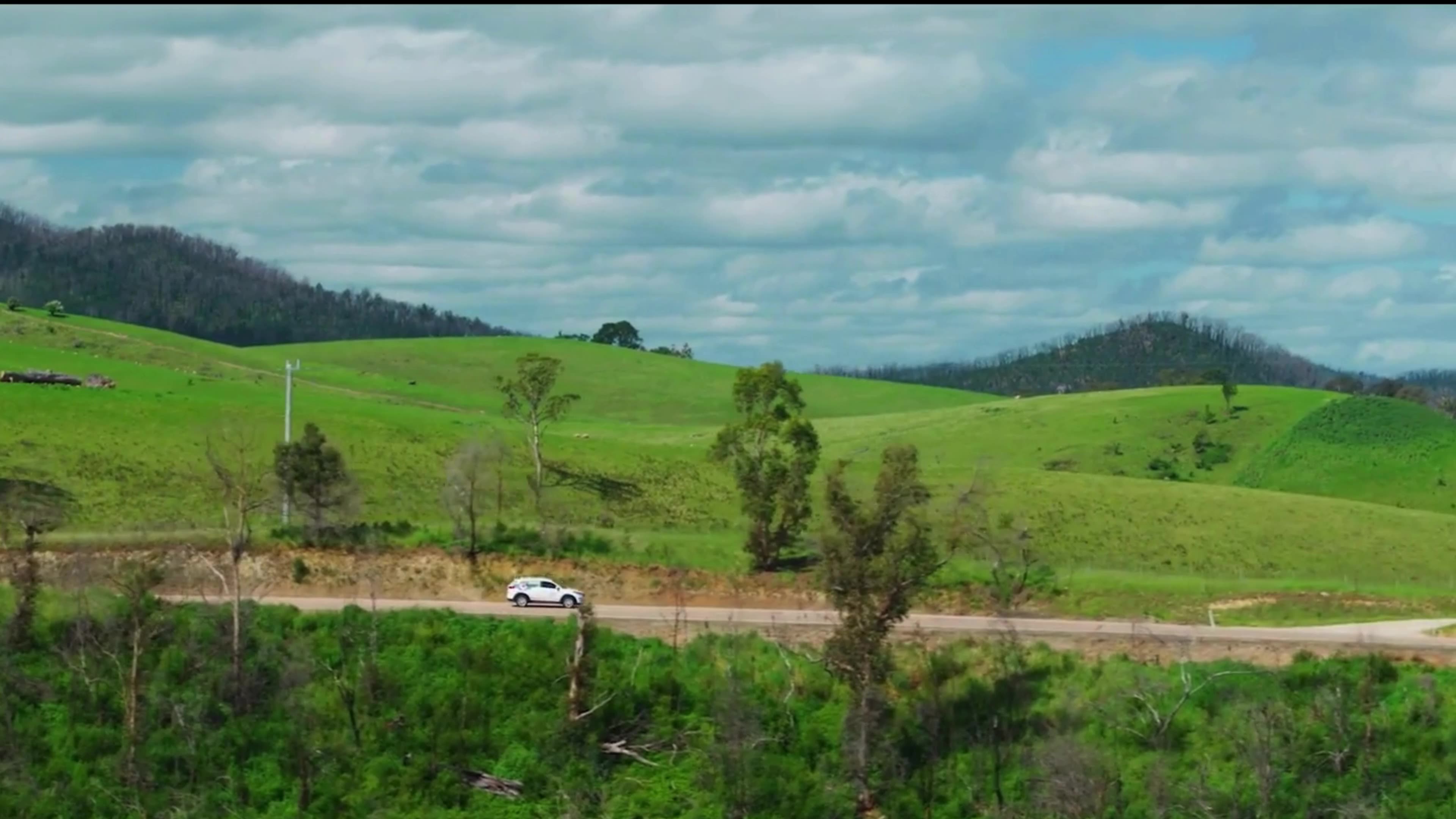
With the assistance of Flying Doctor Community Transport, South Gippsland man, Warren Peart, was able to remain living at home – in the community he loves - whilst undergoing essential, daily cancer treatment 100 kilometres away.
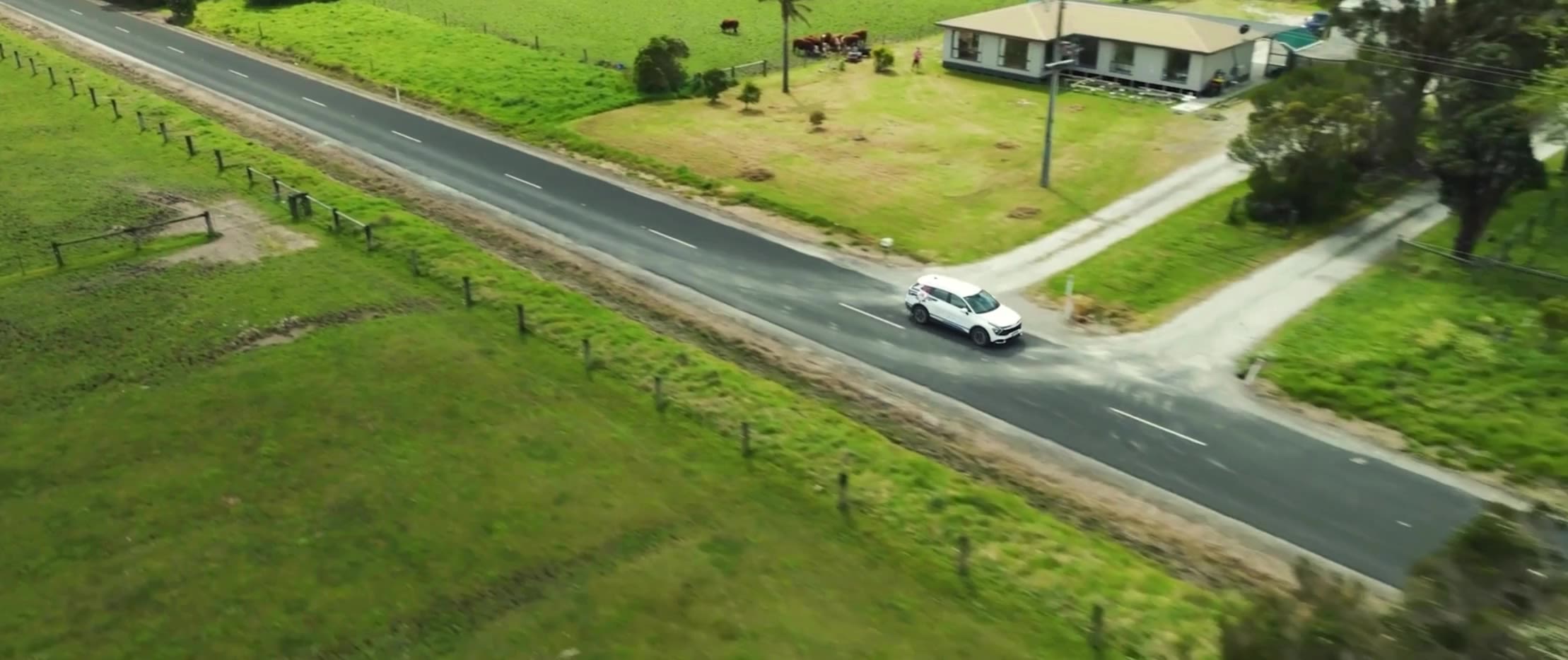
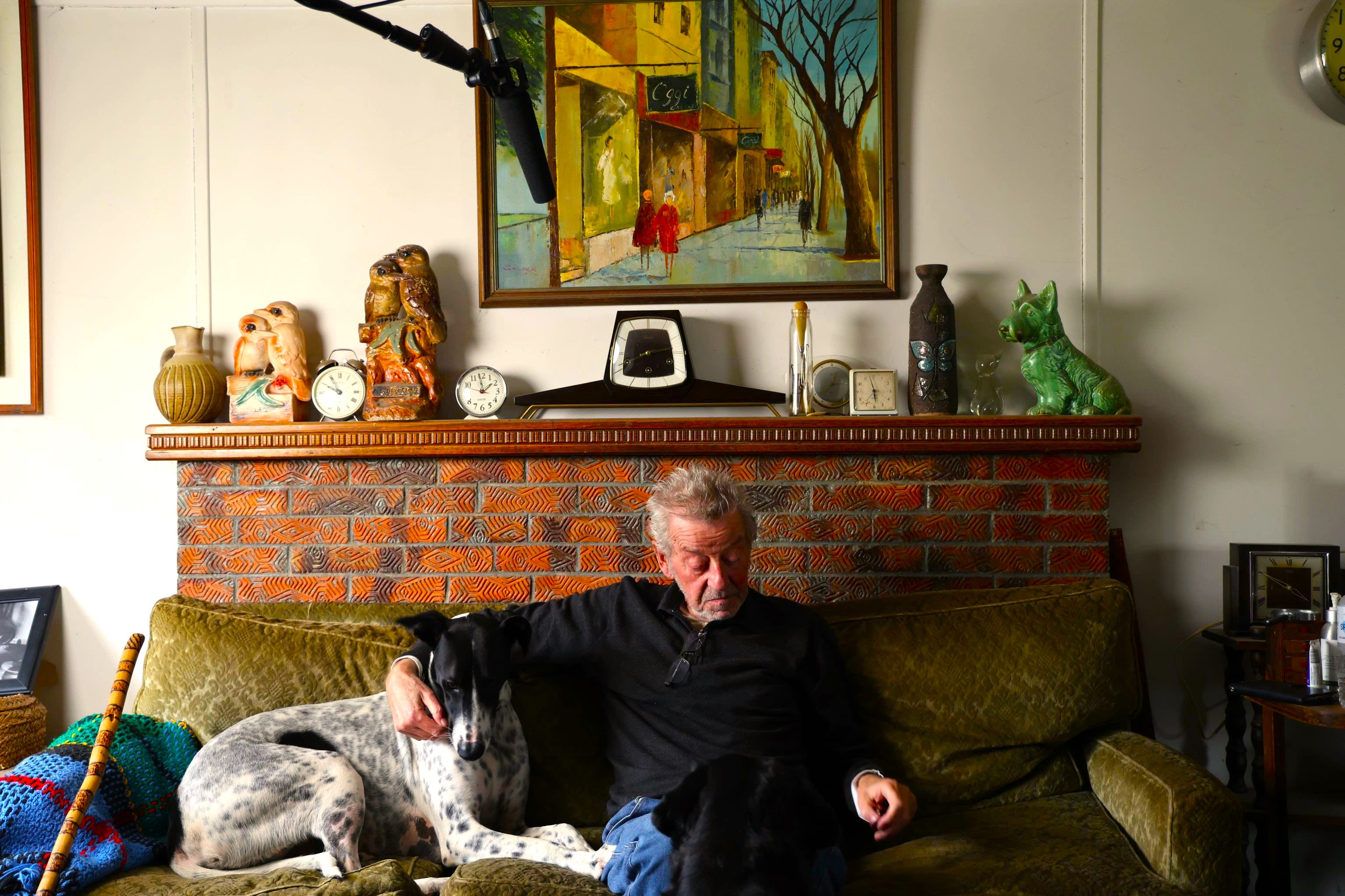

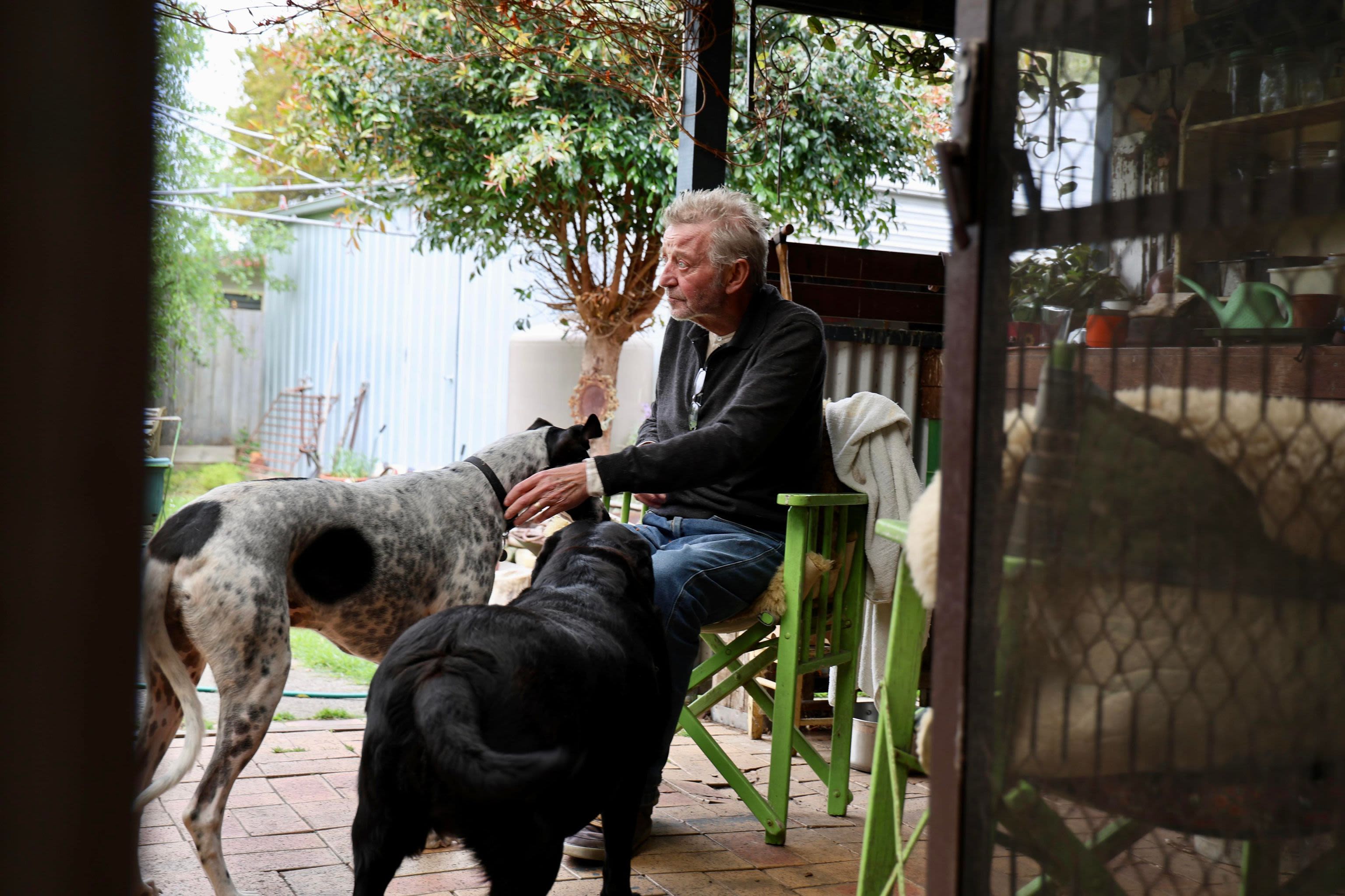

Here, Warren Peart is seated in his lovingly eclectic living room. His walking stick placed within arm's reach.
To his right, a tall grey dog named Lawrence lounges affectionately under his arm, and, at his feet, is Ruby - a fiercely loyal labrador. These are Warren's beloved dogs.
For anyone that knows Warren, this is a familiar scene.
Warren finds great comfort and contentment from his home. Four walls of memories, with almost every spare inch of surface area meticulously adorned with adored trinkets, photos and ceramics from yesteryear. Not to mention two excitable dogs. He loves his home which is located in the small community of Welshpool, about 200 kilometres southeast of Melbourne.
The comfort found in being home became even more significant, when, in March 2023, Warren was diagnosed with cancer.
“Which," he reveals, "was a bit of a shock".
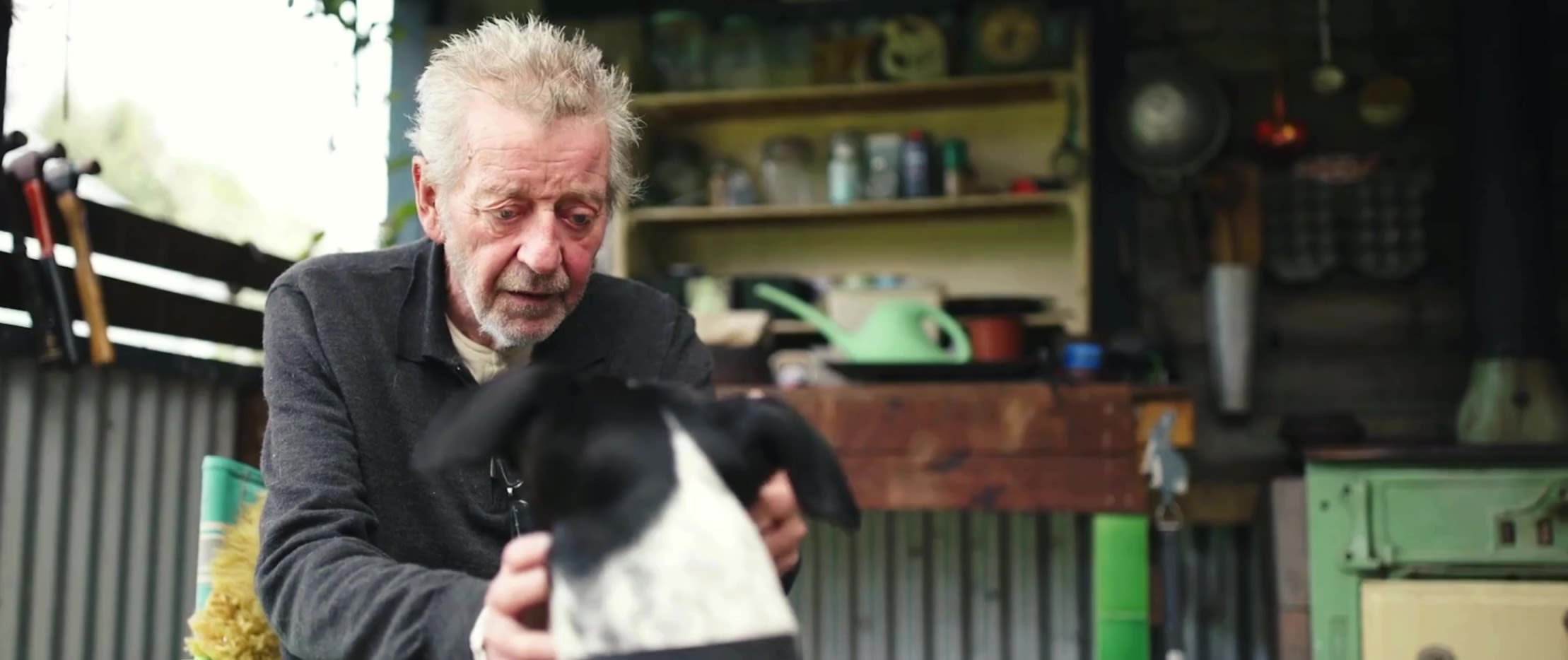
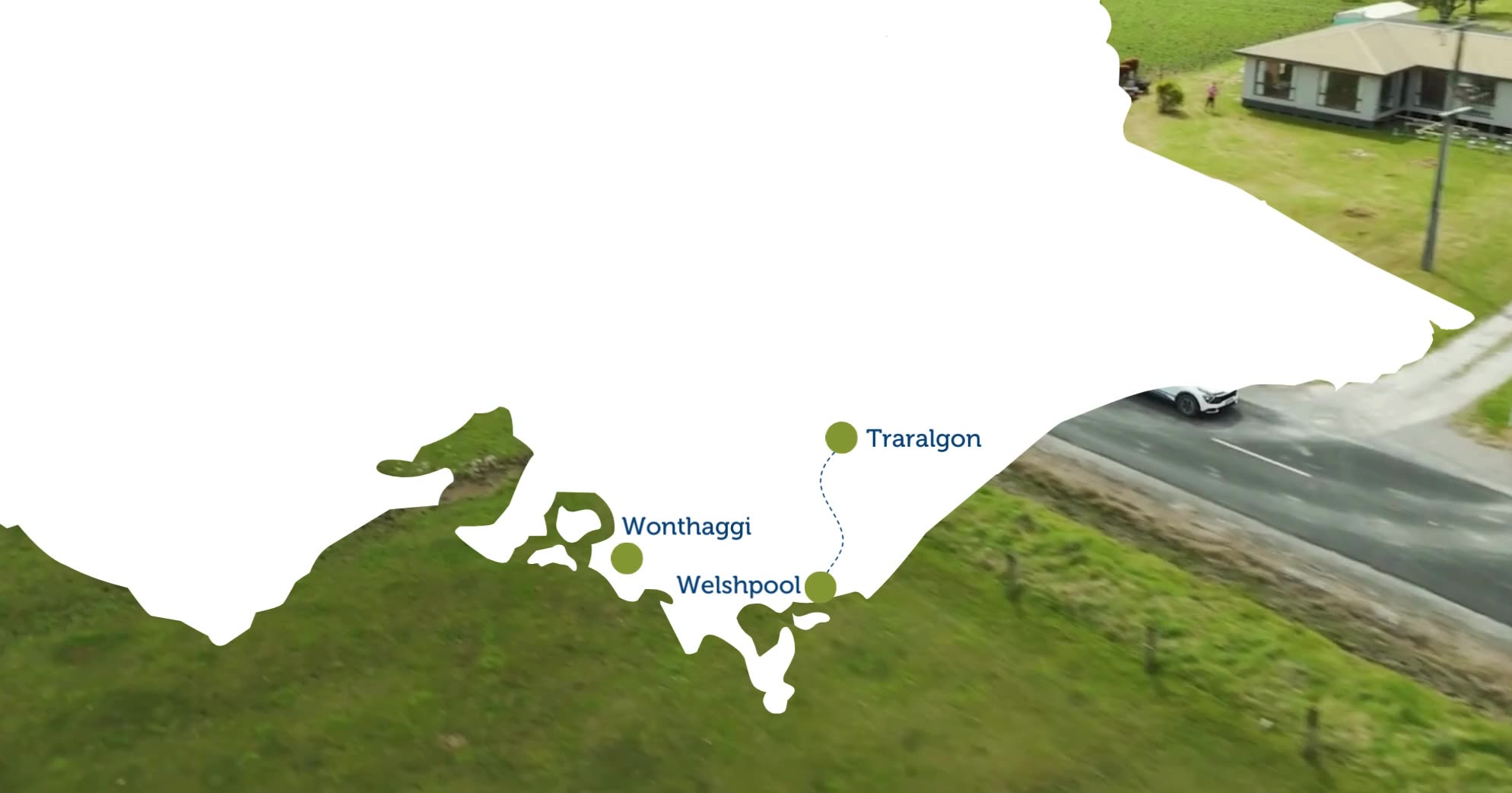
“The oncologist, who was from Wonthaggi, said you're going to need 30 visits to Latrobe Regional Hospital, which is 100kms away from here," Warren recalls.
"So that scared me a little bit because I didn't know how I was going to get there every day for 30 days.”
That was, until he saw an advertisement online for Flying Doctor Community Transport, a free service offered by RFDS Victoria which transports eligible residents to and from medical and wellbeing appointments.
"I saw on Facebook that the Royal Flying Doctor Service have a transport service," Warren reveals.
"So, of course, I rang the number straight away."
Every day, for 30 days, volunteer drivers from the Foster Community Transport team drove Warren from his home to the hospital and back again, free of charge.

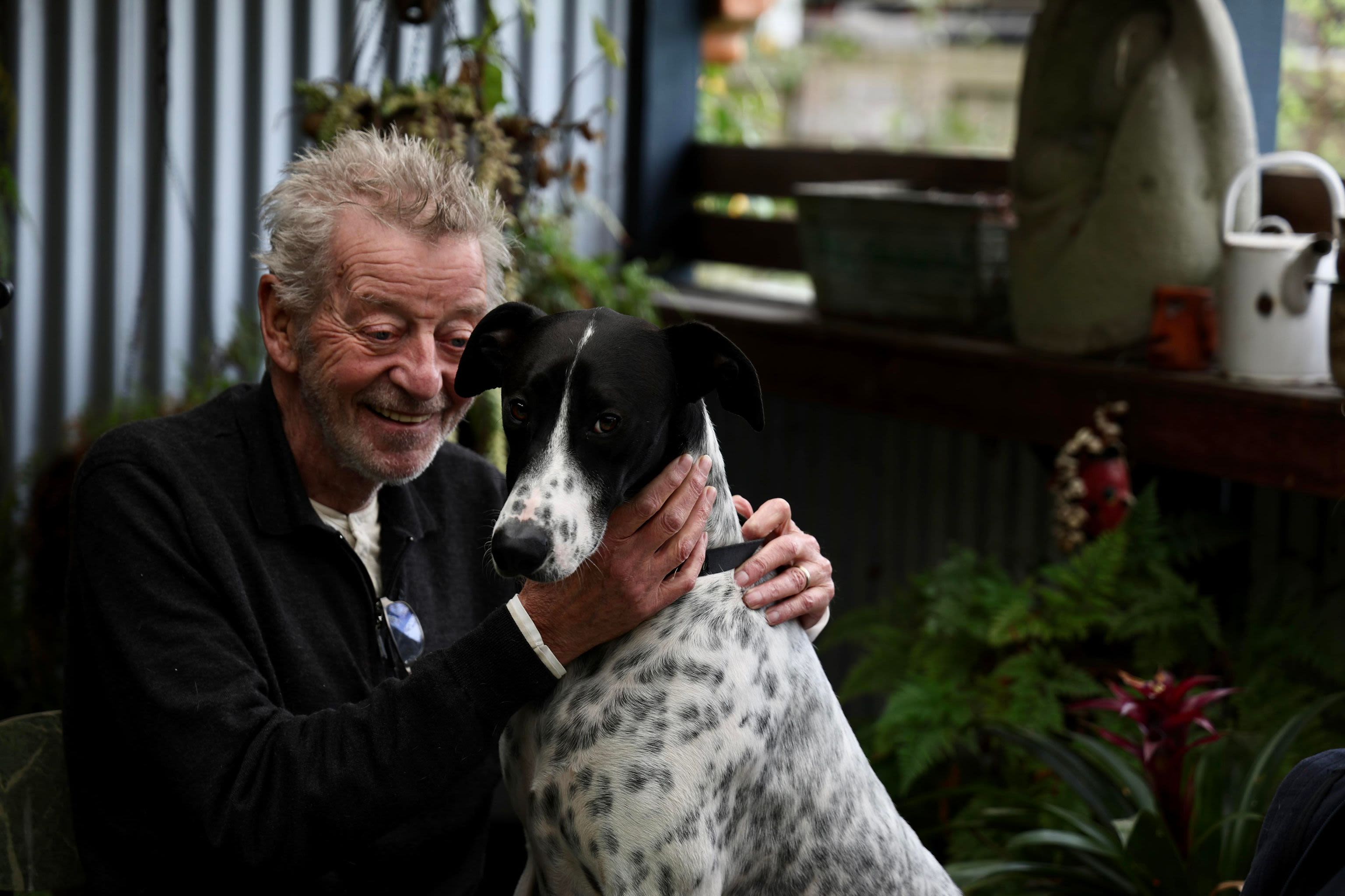
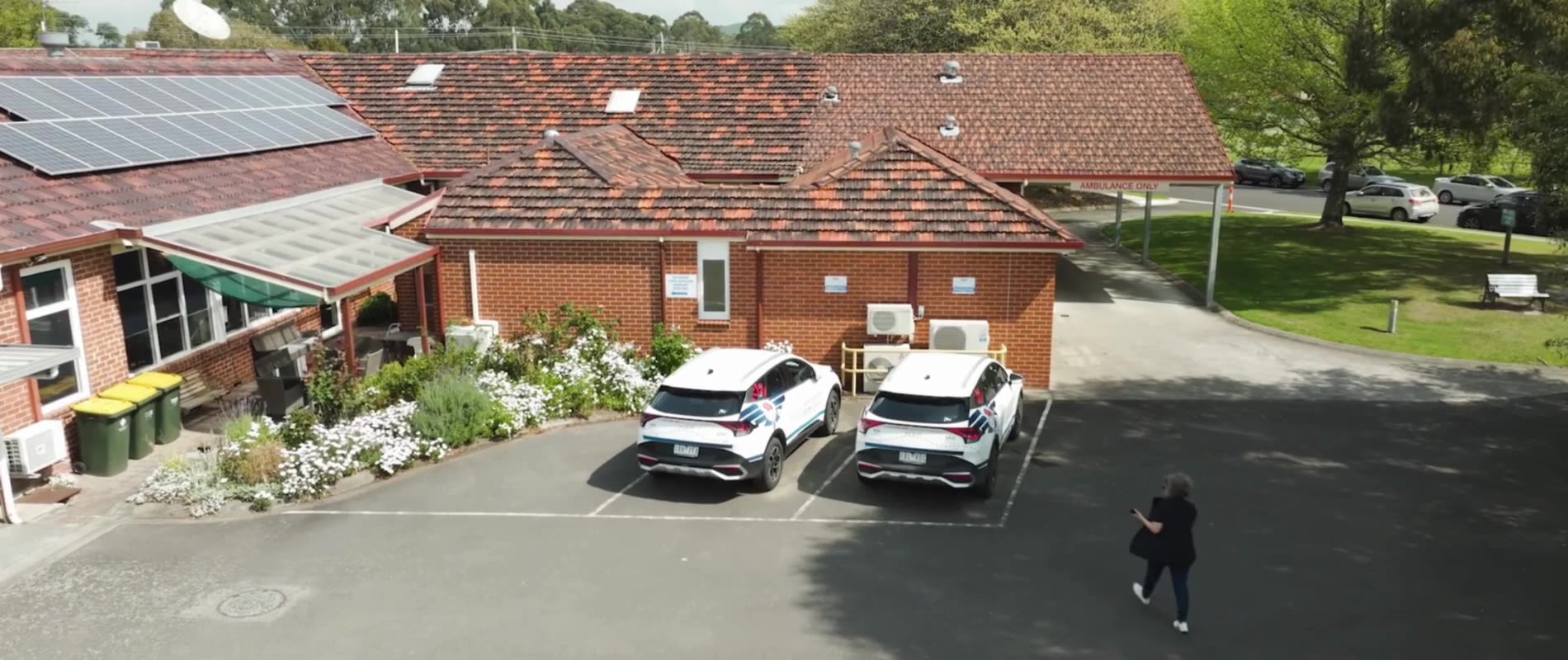
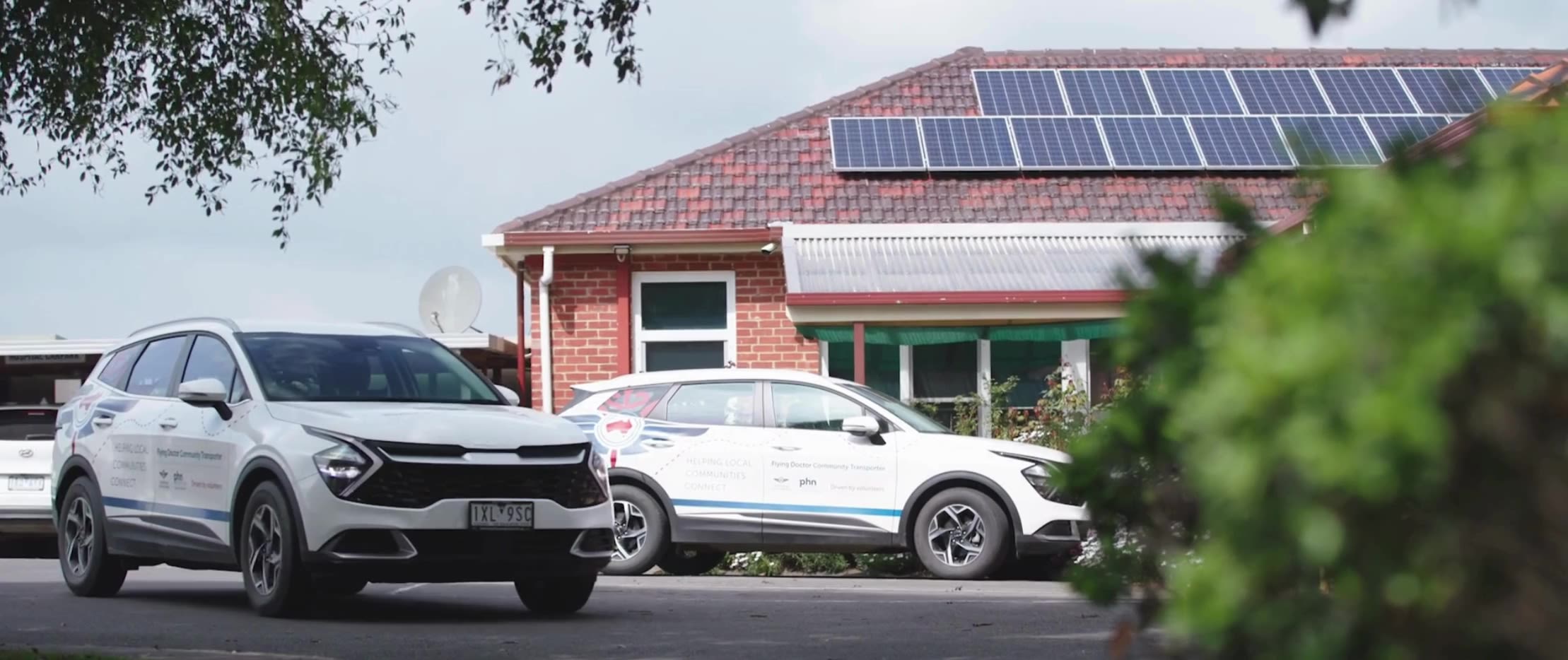
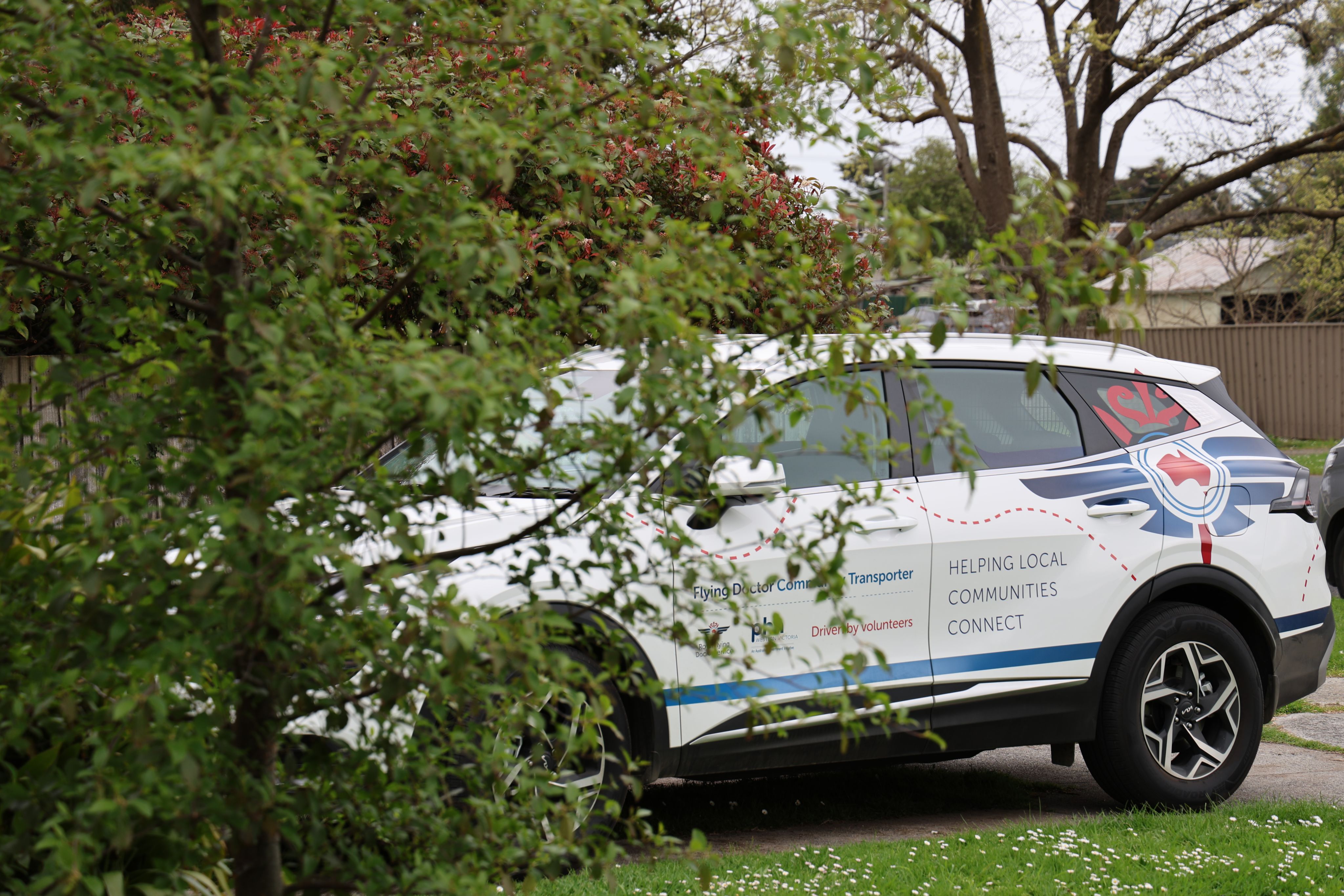
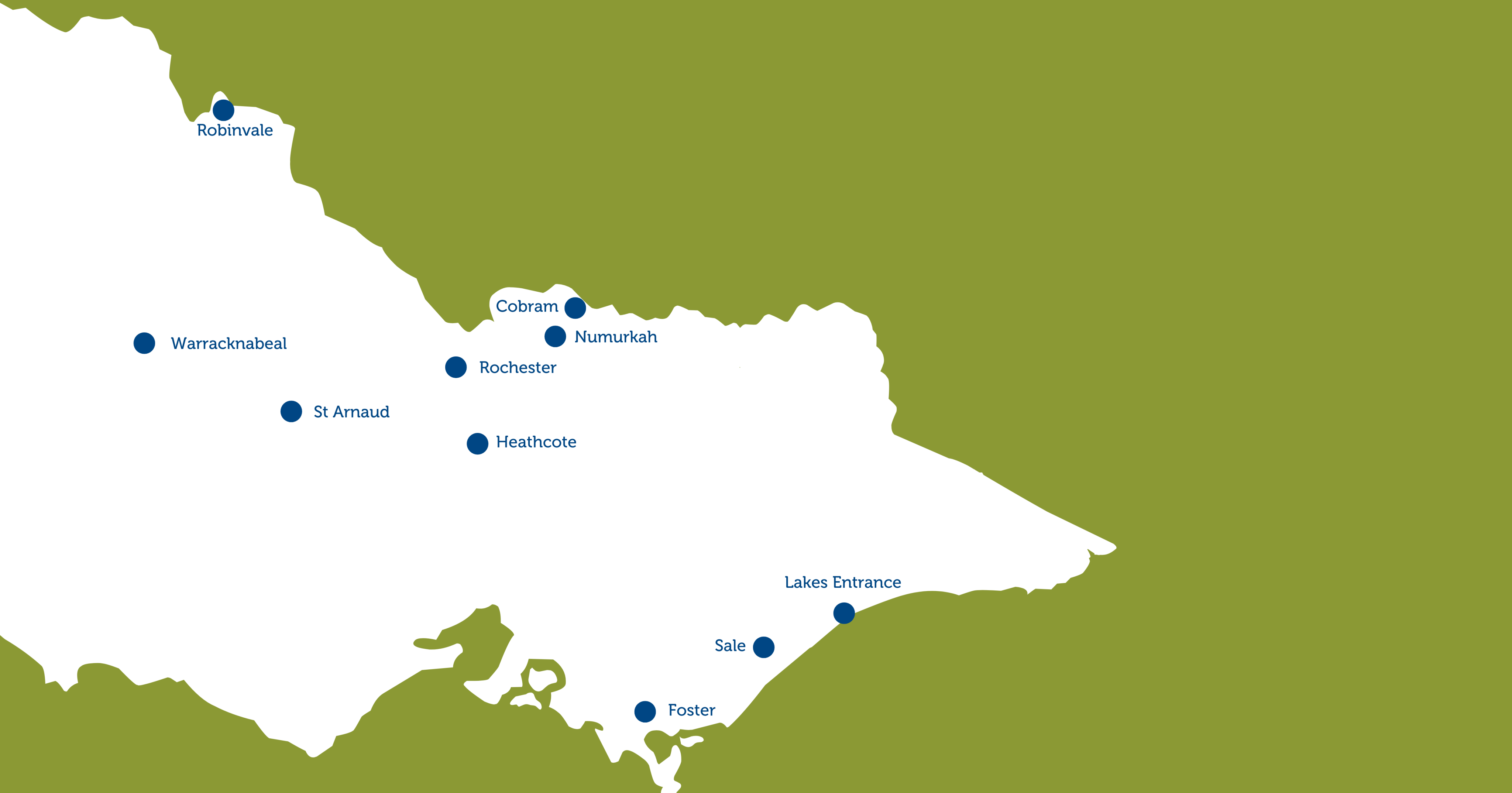
Flying Doctor Community Transport was established in 2018, under the premise that accessible, safe and reliable transport options can have a significant influence in reducing missed health appointments for rural Victorians.
From an operational perspective, the program removes financial and geographical barriers; driving eligible clients to and from appointments, safely, comfortably, and free of charge.
This is made possible by a fleet of vehicles, a sophisticated booking system and, most importantly, a passionate network of local volunteer drivers, health partners, and coordinators who live in the very communities they are servicing.
Currently, the program operates across ten locations.
Since its inception,
Flying Doctor Community Transport has completed
40,000+
client transport journeys

Leading to
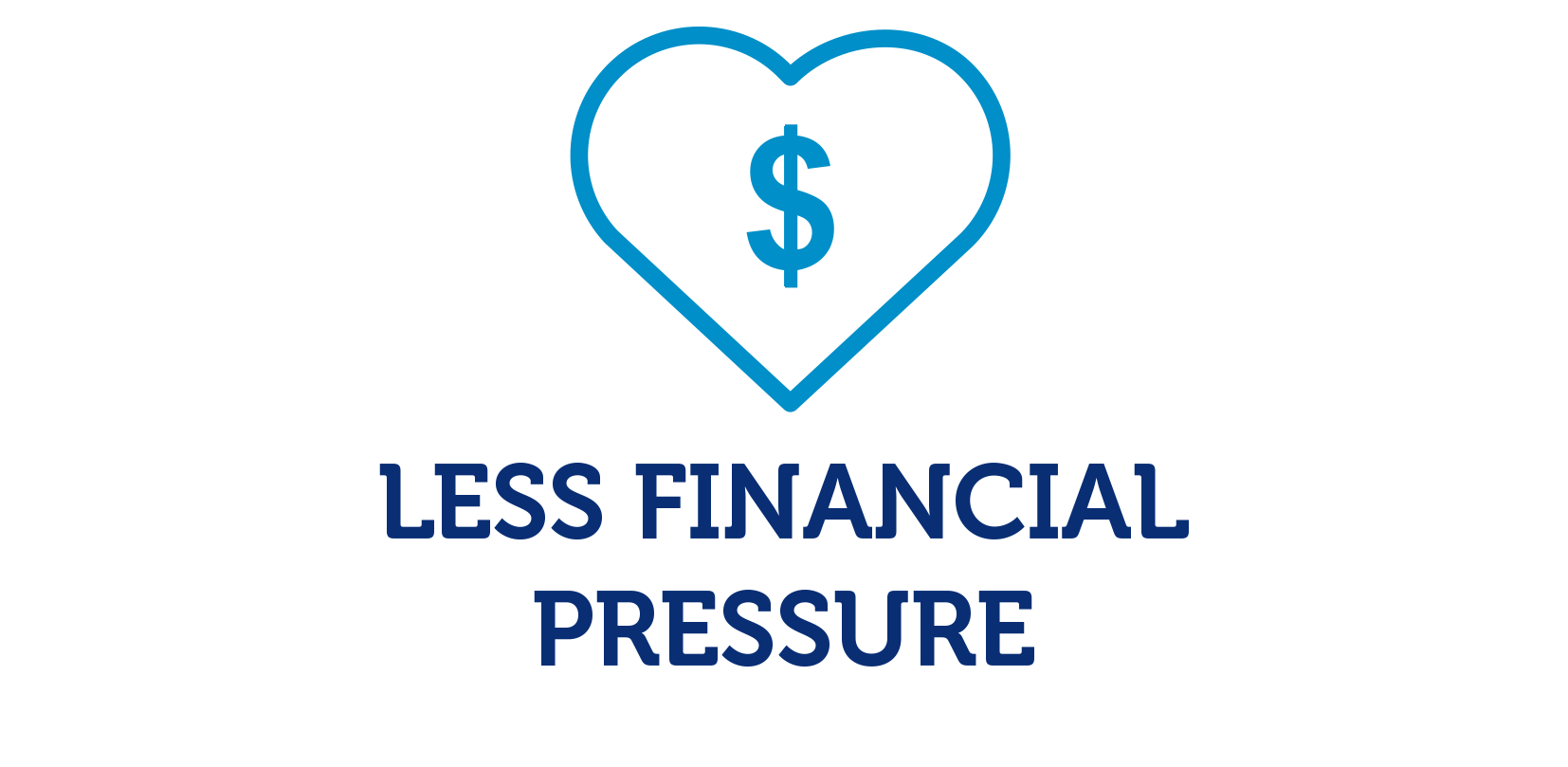
91% of surveyed clients told us that they experienced less financial stress as a result of our Community Transport service.
&

79% of Community Transport clients reported that the program helped them feel more connected to their community.
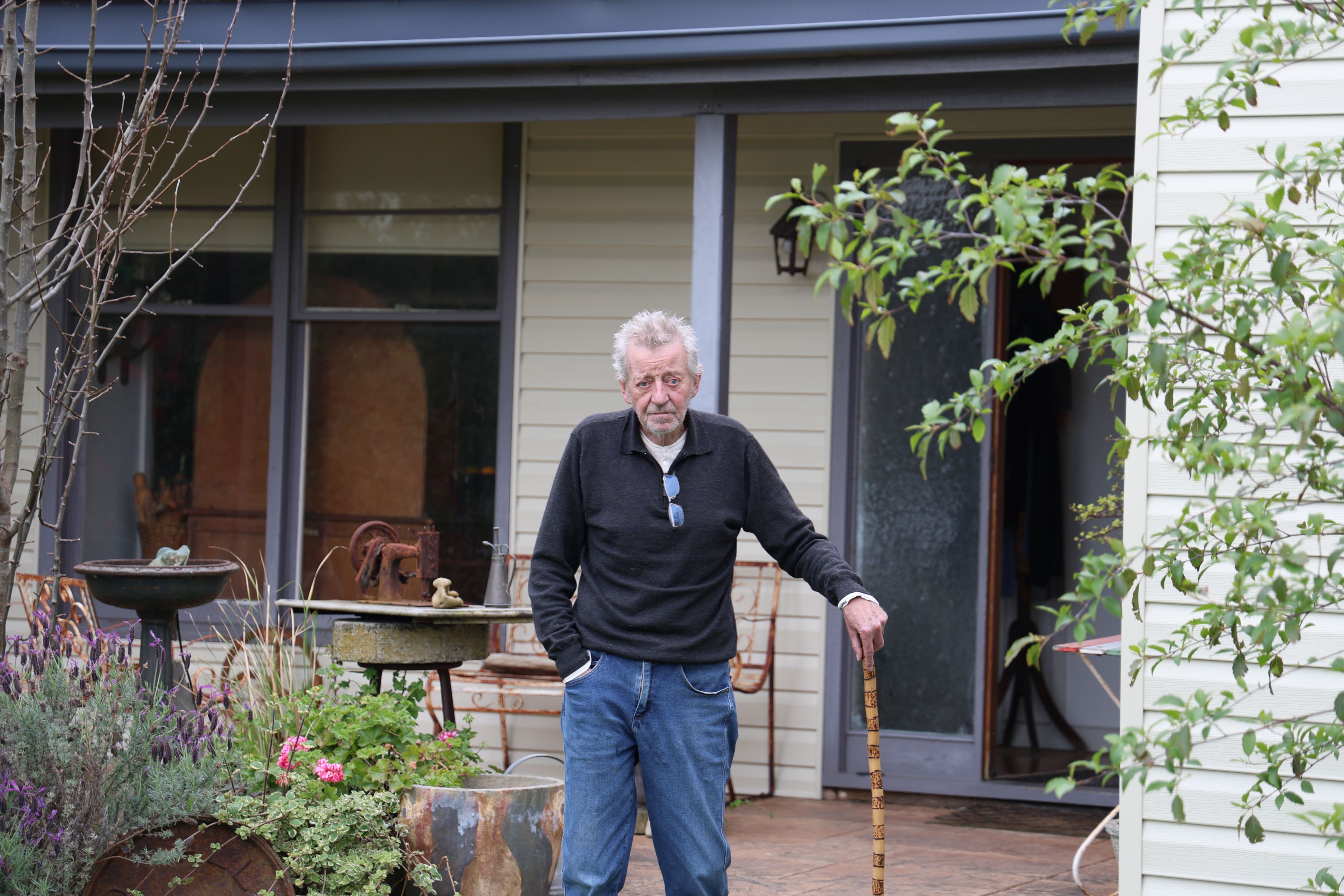
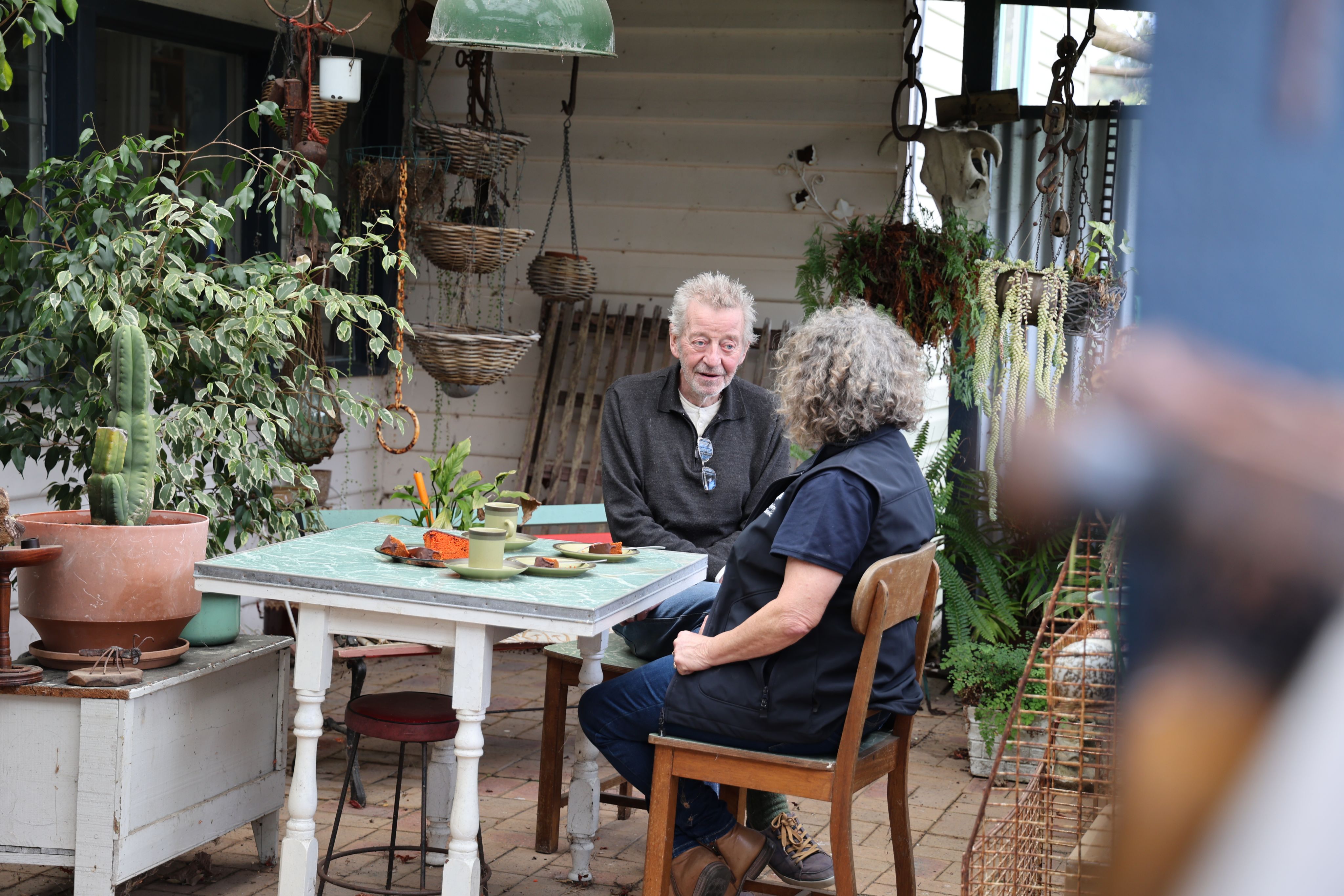
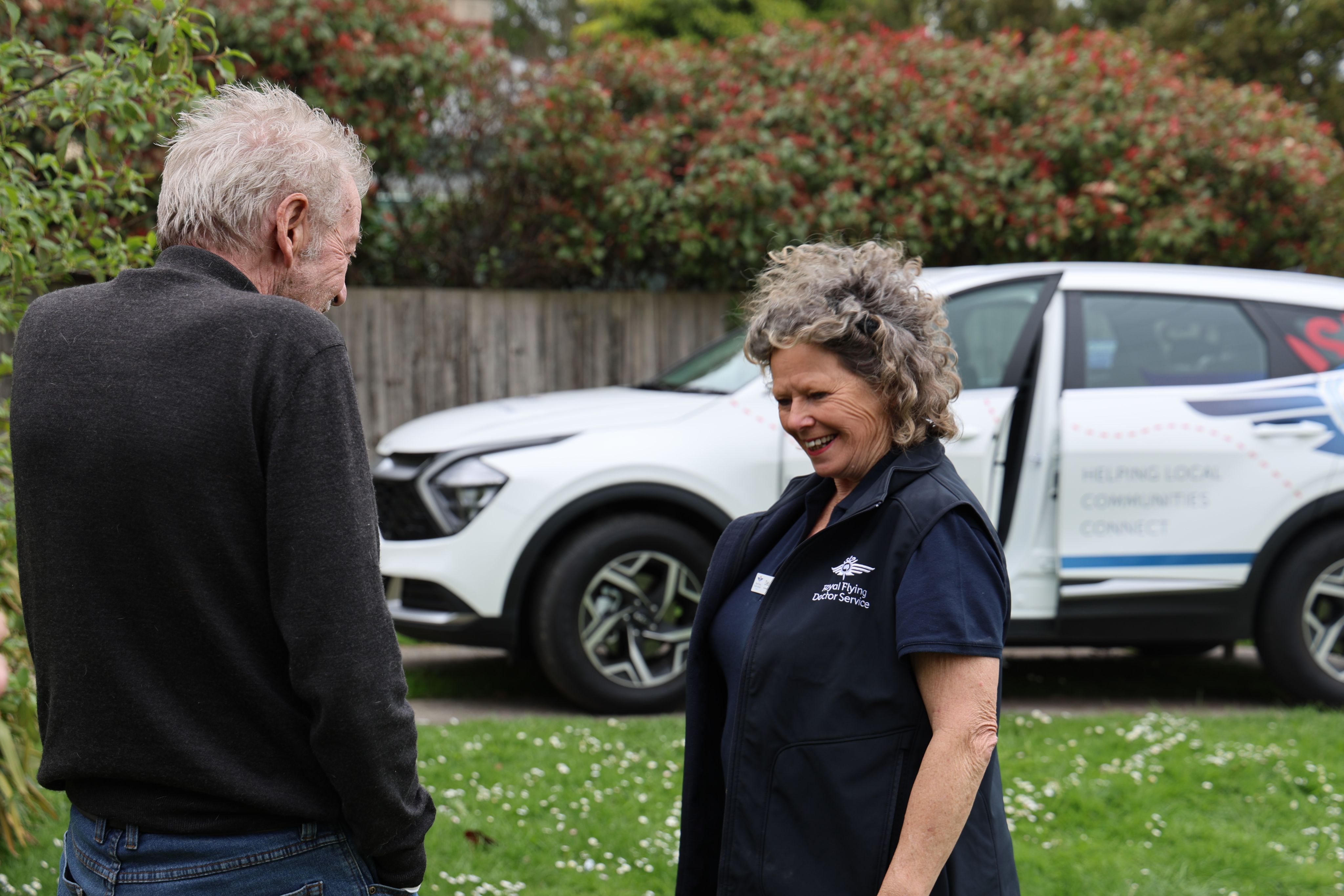

Each client, just like Warren, is a rural Victorian in need of accessible, safe and reliable transportation to and from appointments. The Flying Doctor has been able to take that stress away, removing the burden of distance, logistics and cost.
"What can I say, I felt quite special," Warren shares of his experience.
"They're prompt, they're reliable their vehicles are always clean and fresh, [the] drivers are brilliant people - they all volunteer their time."
"I can't fault it."
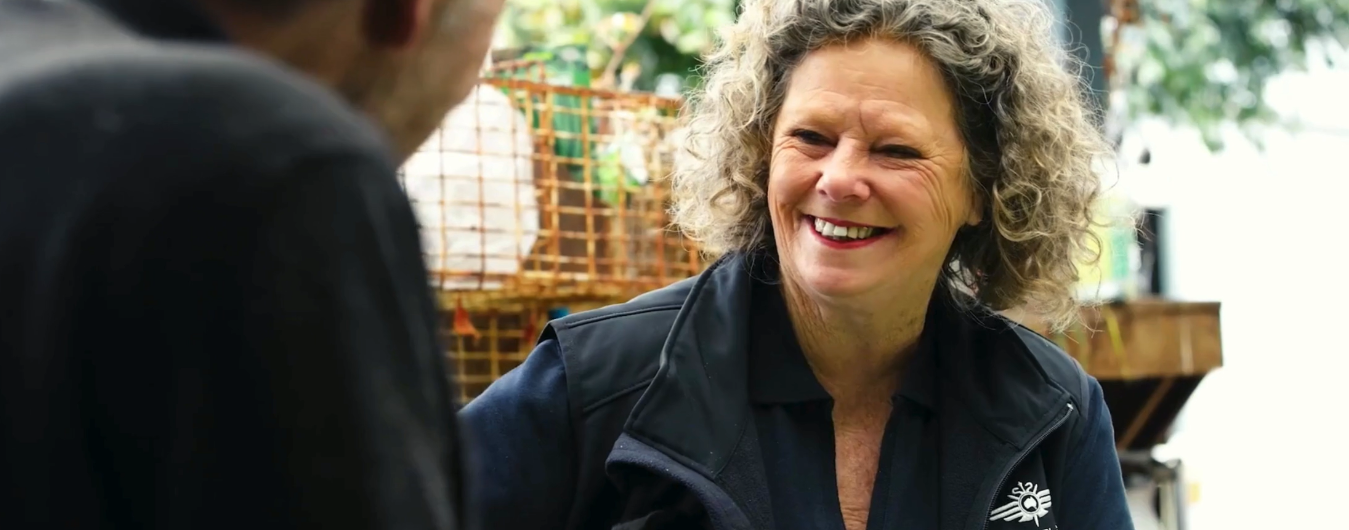

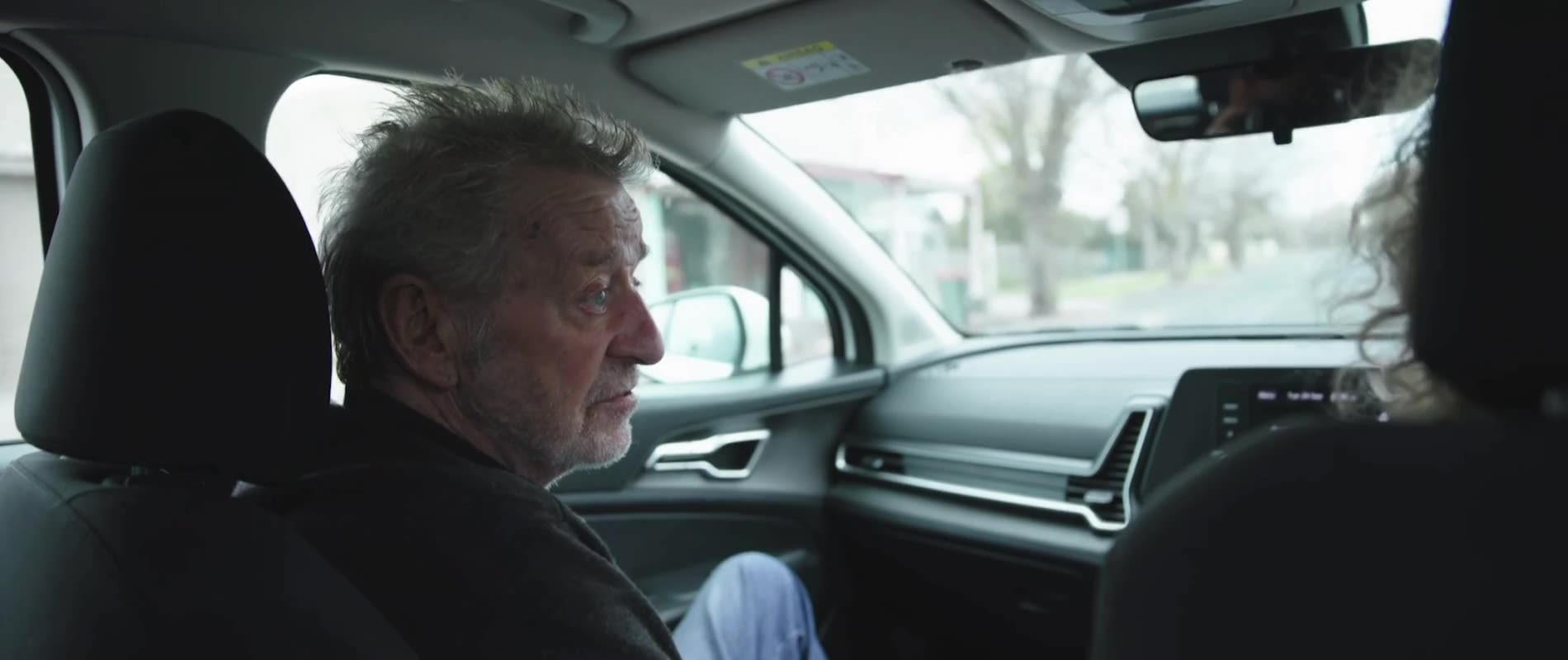
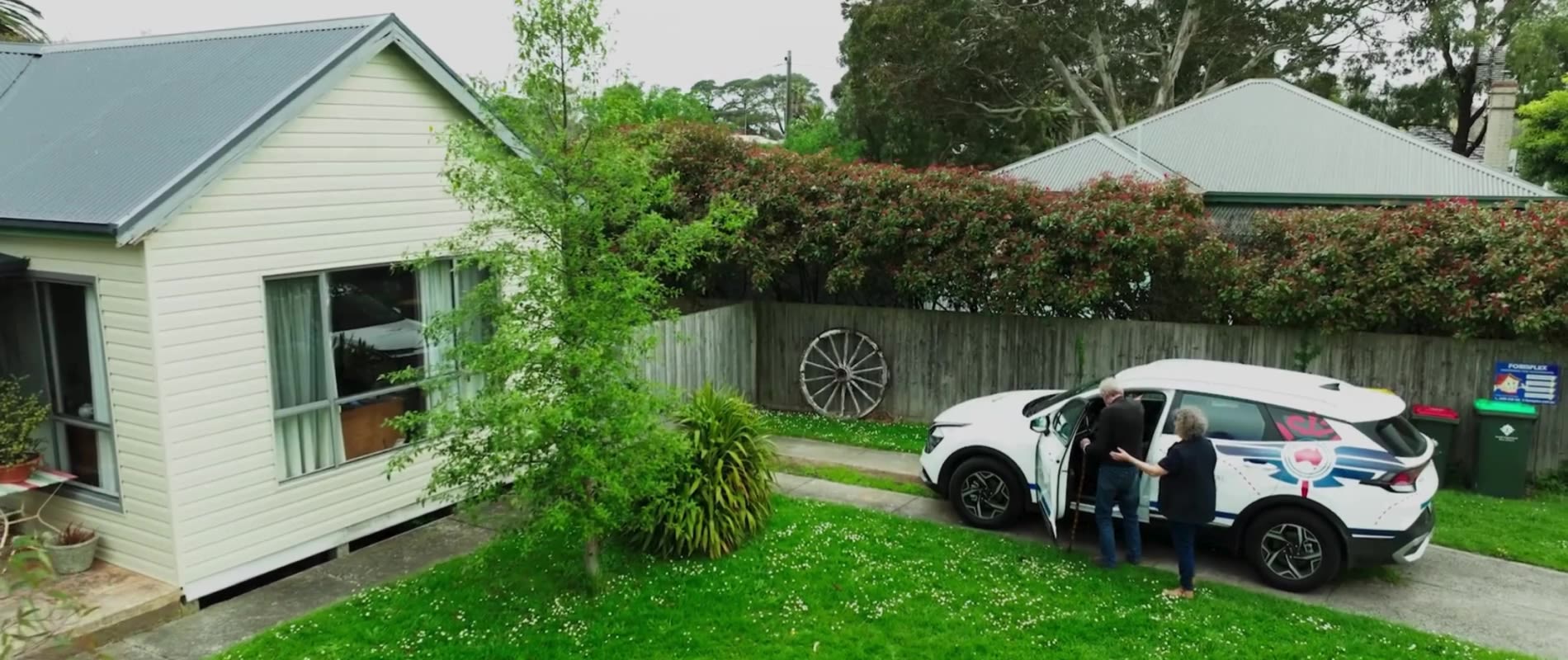


Deb Martin is one of the volunteers who regularly transported Warren to and from hospital while he received cancer treatment.
"I took Warren first over to LRH in Tralagon not long after I'd started and we just - from the first time we were together - had a rapport, had great chats," Deb recalls fondly.
"I think we've become friends."
Recently retired, Deb says she began volunteering with the Flying Doctor as a way to give back to her community in a tangible way, while creating meaningful connections with other southeast Gippsland locals.
"I've loved every minute of it. I really have. I find it very rewarding. It's nice to know that I'm giving something back to a community that I really like and I value."
"It's valuable in different ways for different people and everybody I've driven is just so appreciative.
"It's also the social aspect for mental health and connecting people in the community."
"I actually don't know how some of them may have managed beforehand," Deb says of the lack of affordable transport options available in many smaller southern Gippsland communities.
It's a sentiment shared by Warren.
"They have literally saved my life; I mean that in all sincerity. They are angels without wings," Warren says of the program and volunteers, like Deb, who keep it operational.
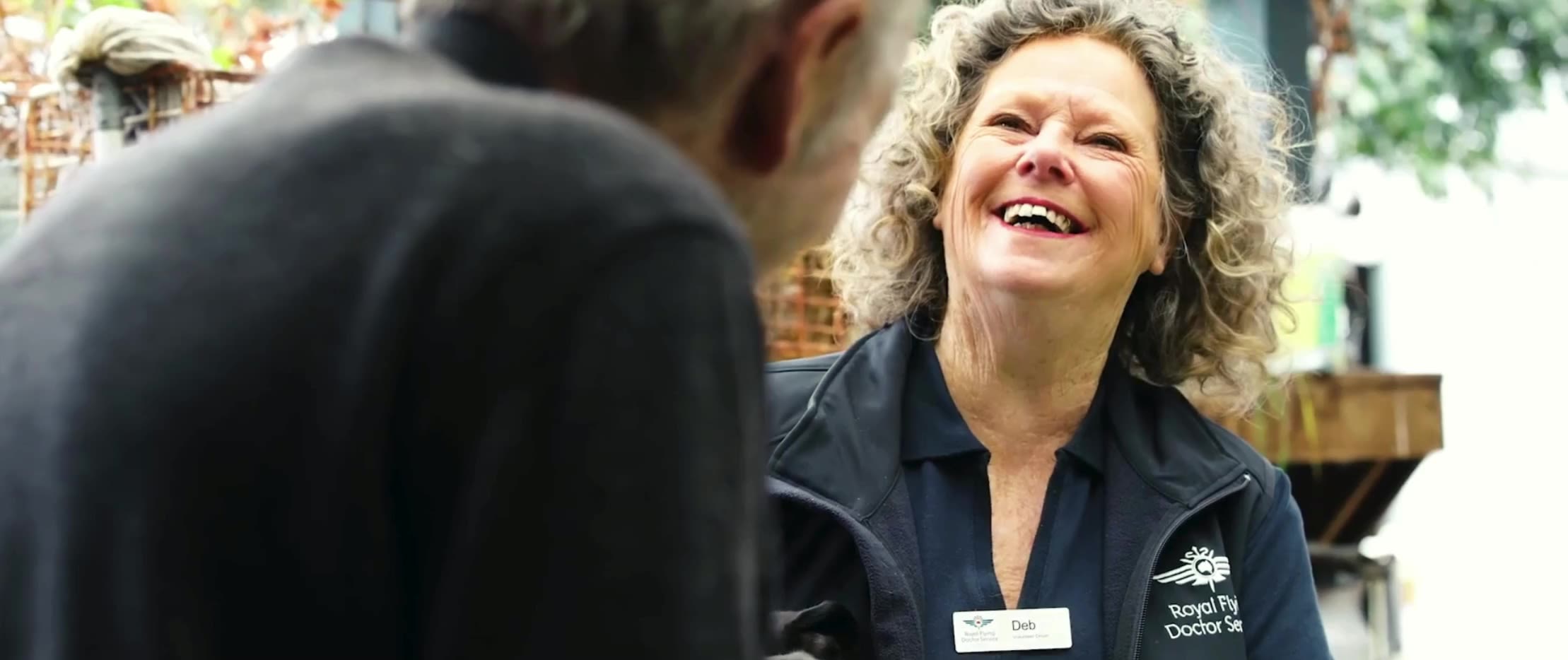

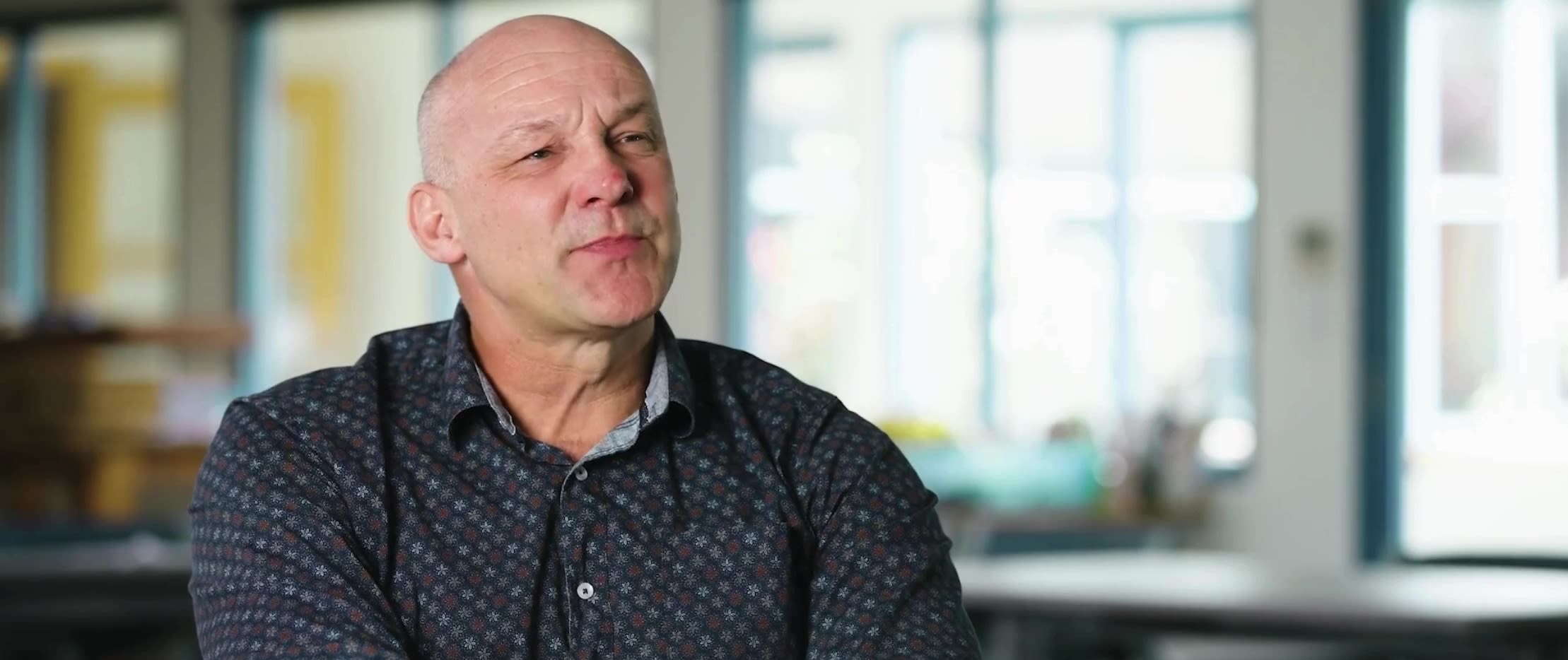
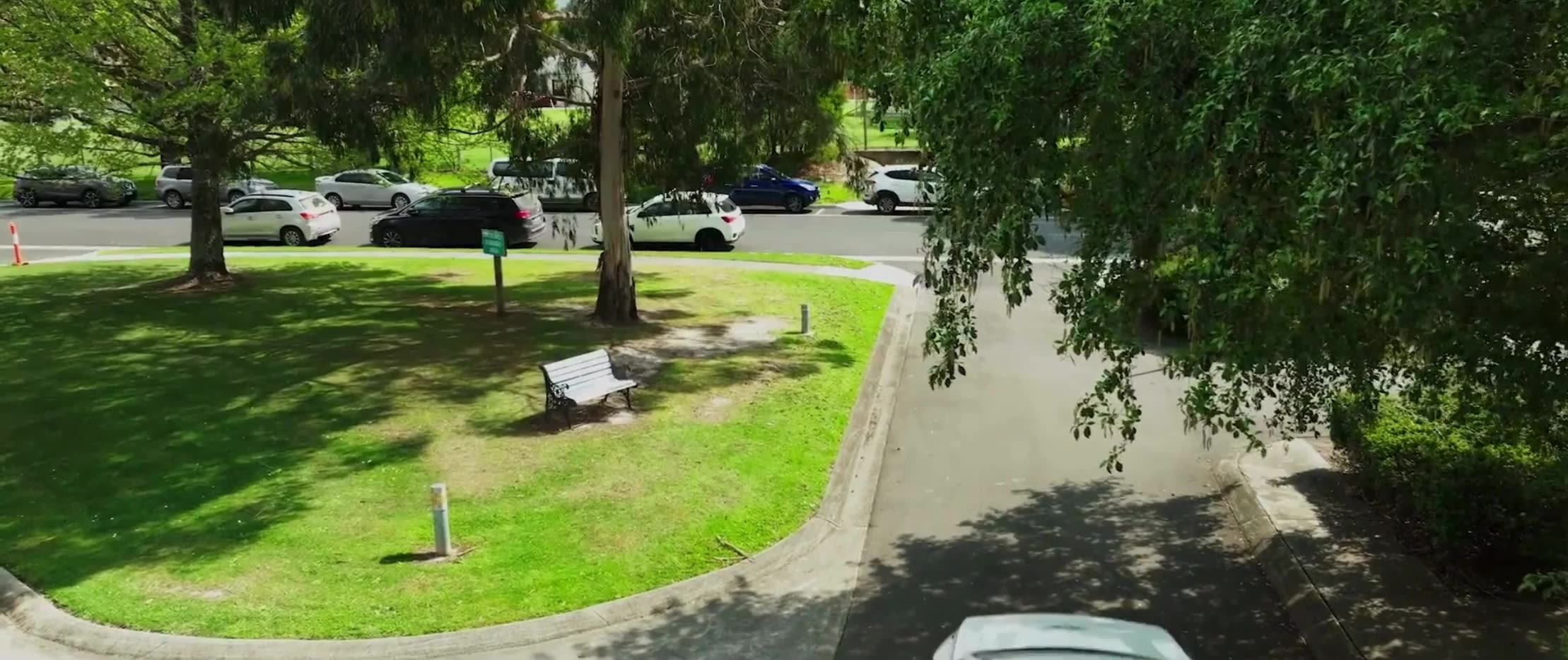

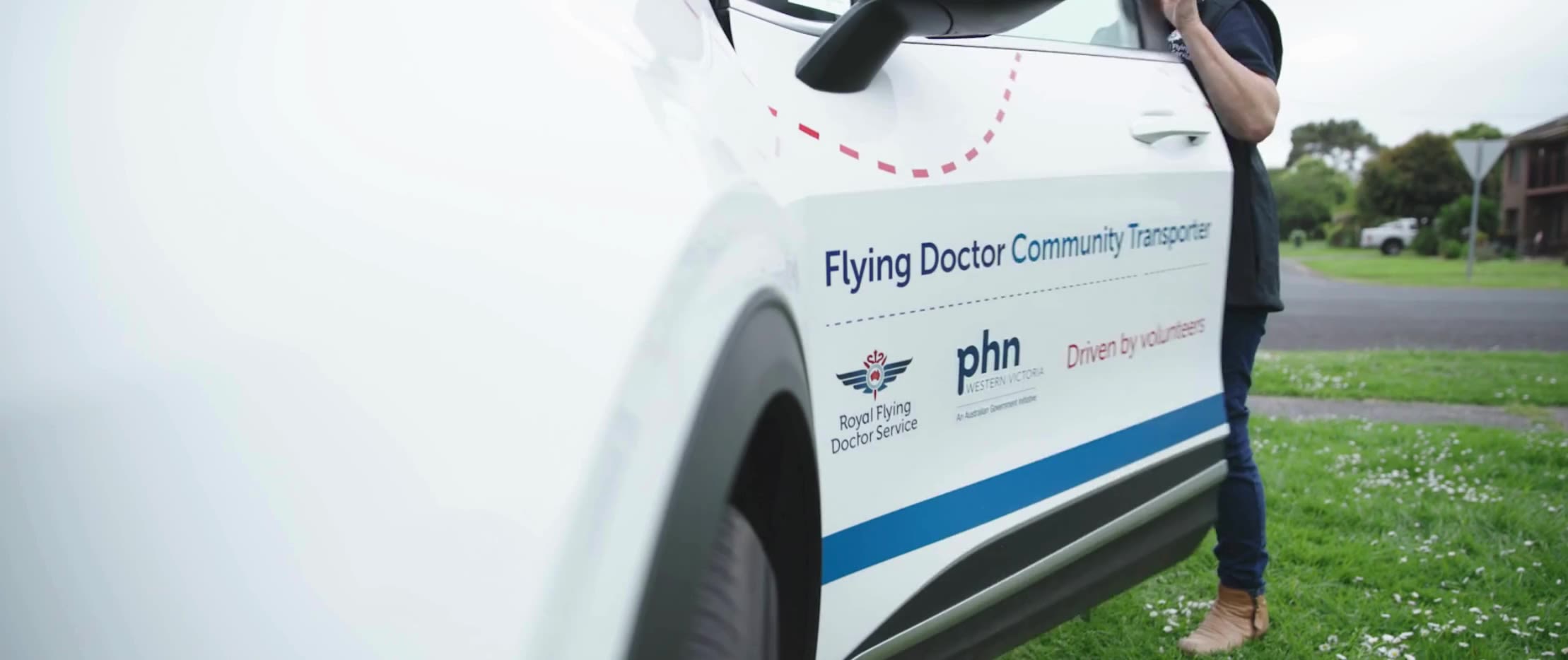
South Gippsland Hospital is situated in nearby Foster, a 20-minute drive from Warren's hometown of Welshpool. As one of the ten site partners of Flying Doctor Community Transport, this is where the region's program coordinator and volunteers manage and plan their multiple daily transports - including Warren's.
According to Paul Greenhalgh, who is the CEO of South Gippsland Hospital, partnering with the Flying Doctor's Community Transport program in 2023 was a "no brainer".
"The expertise of the RFDS in how to run a program like the transport service was exactly what we needed," Paul explains.
"We had an ad hoc service and it really was just not where it needed to be. It needed to be Monday to Friday, nine to five, and that's what we've got now."
"It's a real win for our community."
"Care as close to your home as possible is what everyone wants. So, if a transport service, such as the RFDS Community Transport program, was able to pick you up and take you to the closest place to your place to receive treatment. Well, that's ideal."
"South Gippsland, it's a rural, geographically isolated area. So, there's lots of little townships and remote housing and so having a service that can go and pick you up and take you to either a specialist appointment or a GP appointment is pretty phenomenal. I mean, it makes perfect sense to have this service in our community," Paul says of the program's benefit on the wider community.

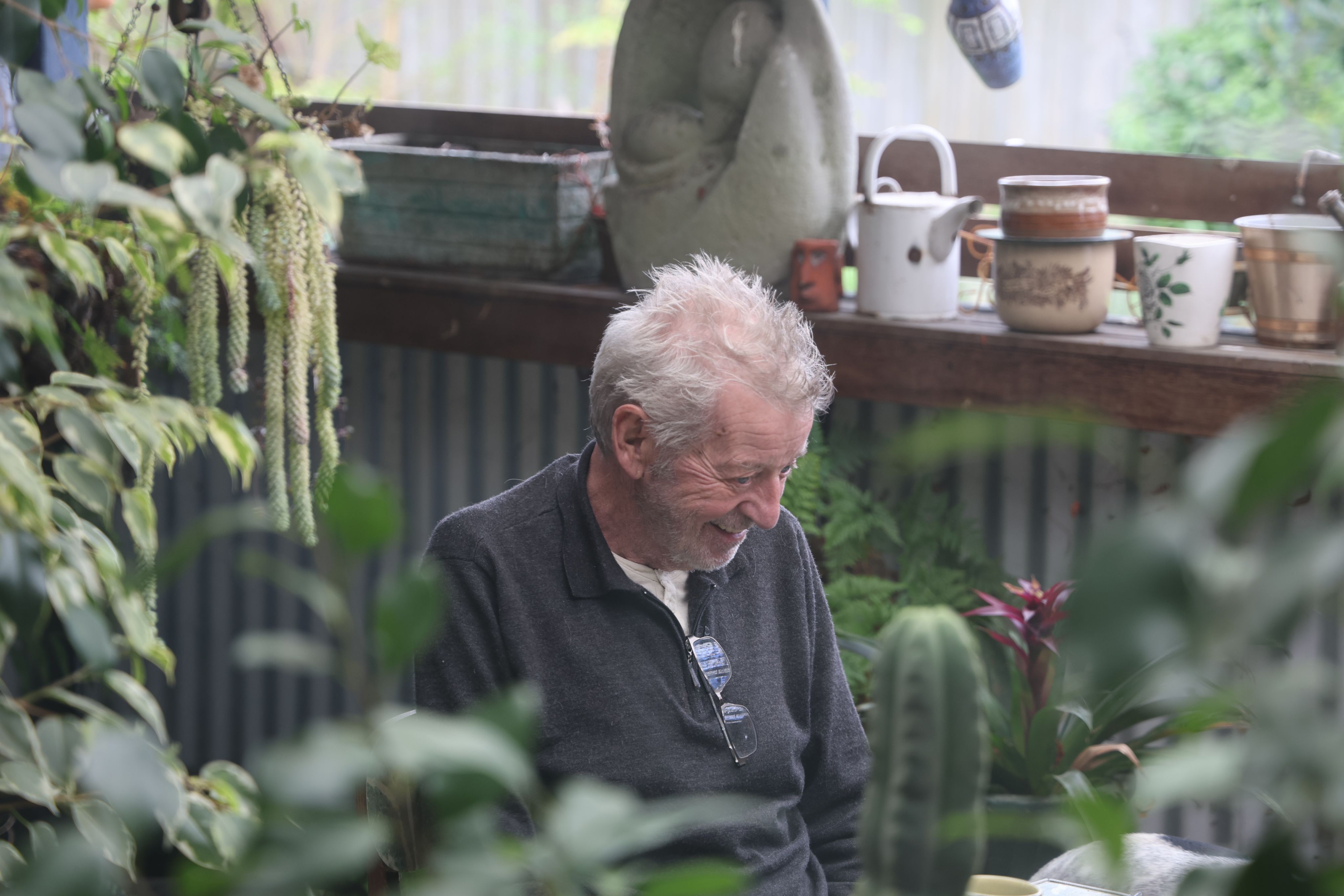
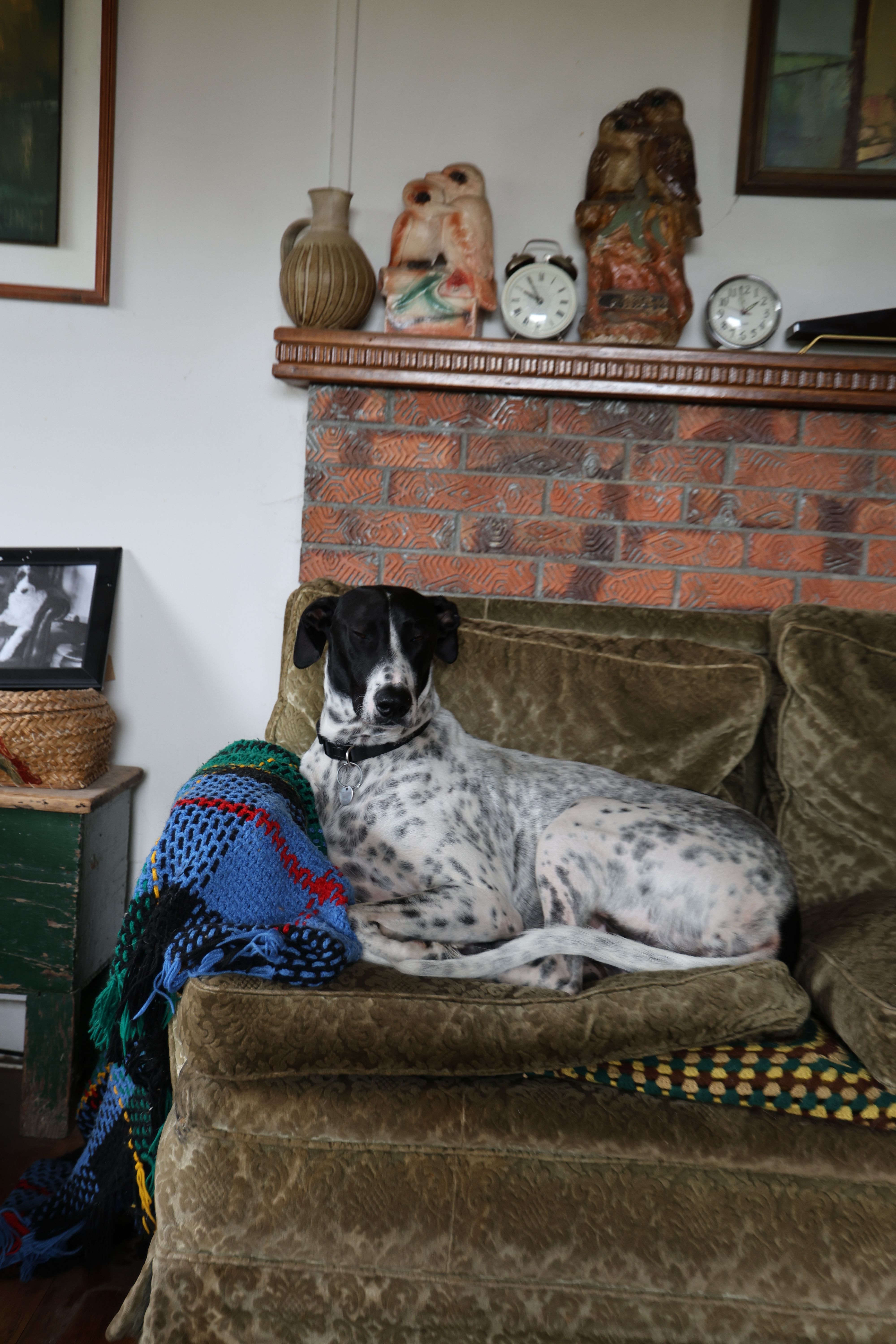

Warren agrees with Paul.
"Your home is your castle and to come home every night to beautiful dogs like this is a large part of the healing process."
While Warren was offered temporary accommodation at the hospital while receiving cancer treatment, he says having the option to return home daily reduced many stressors - including caring for his animals.
"I just couldn't see myself staying in a little motel unit in hospital grounds for a 20 minute treatment so I elected not to go with that knowing the reliability of the Royal Flying Doctors' transport service is always there."
"I've got the dogs, I've got a life here I need to keep moving along with.
"Having to stay away from home, that probably would have made me feel more sick," Warren concedes.
This program is supported by funding from the Australian Government through the Primary Health Network.
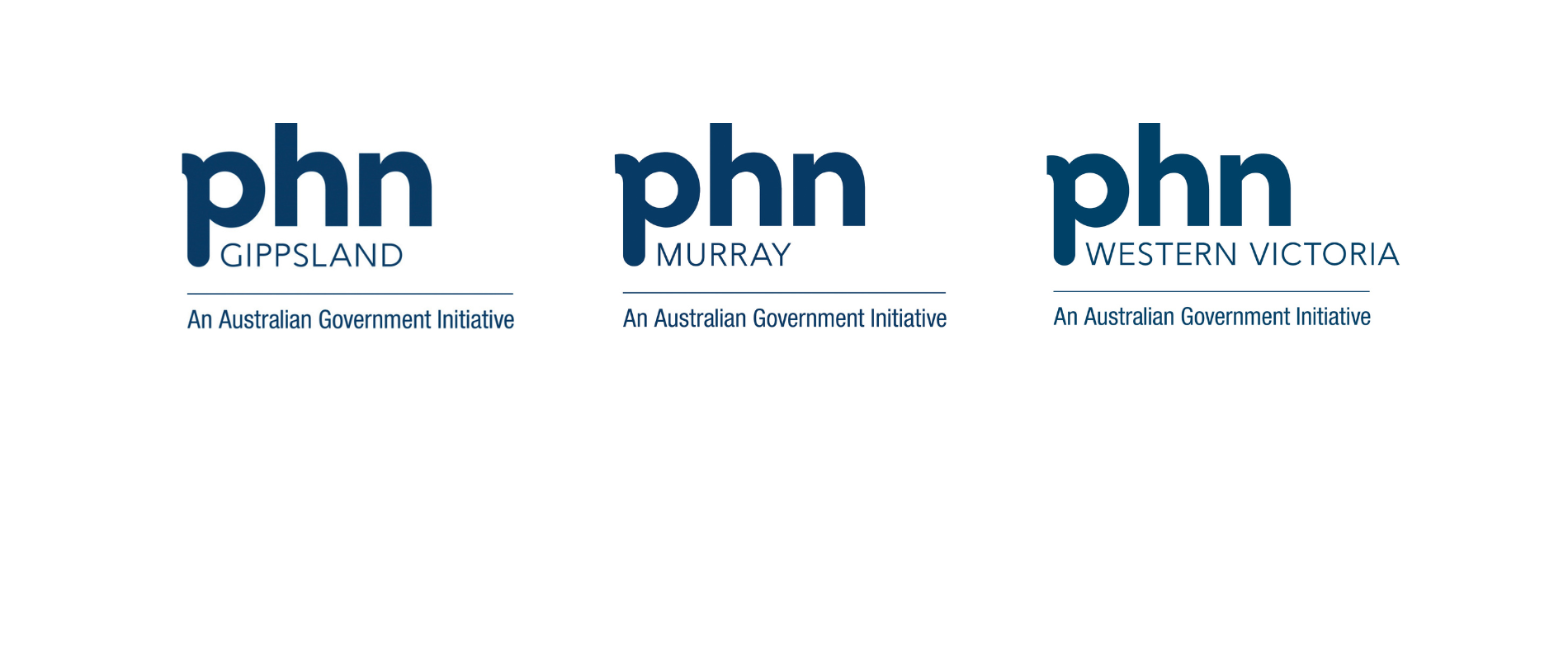
This story was captured on the lands and waterways of the Bunurong and Gunaikurnai peoples.
